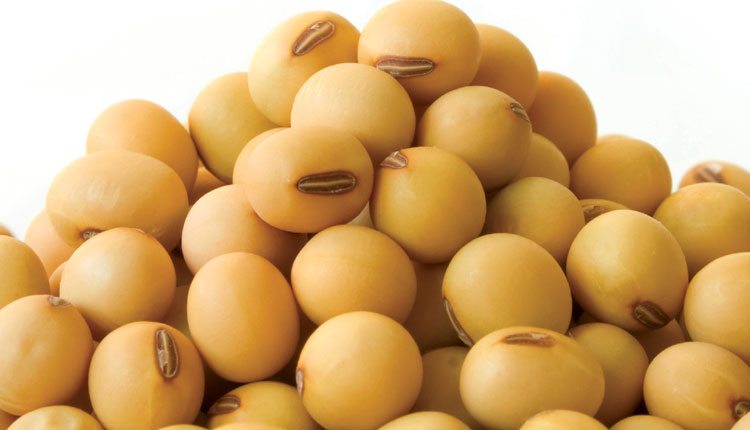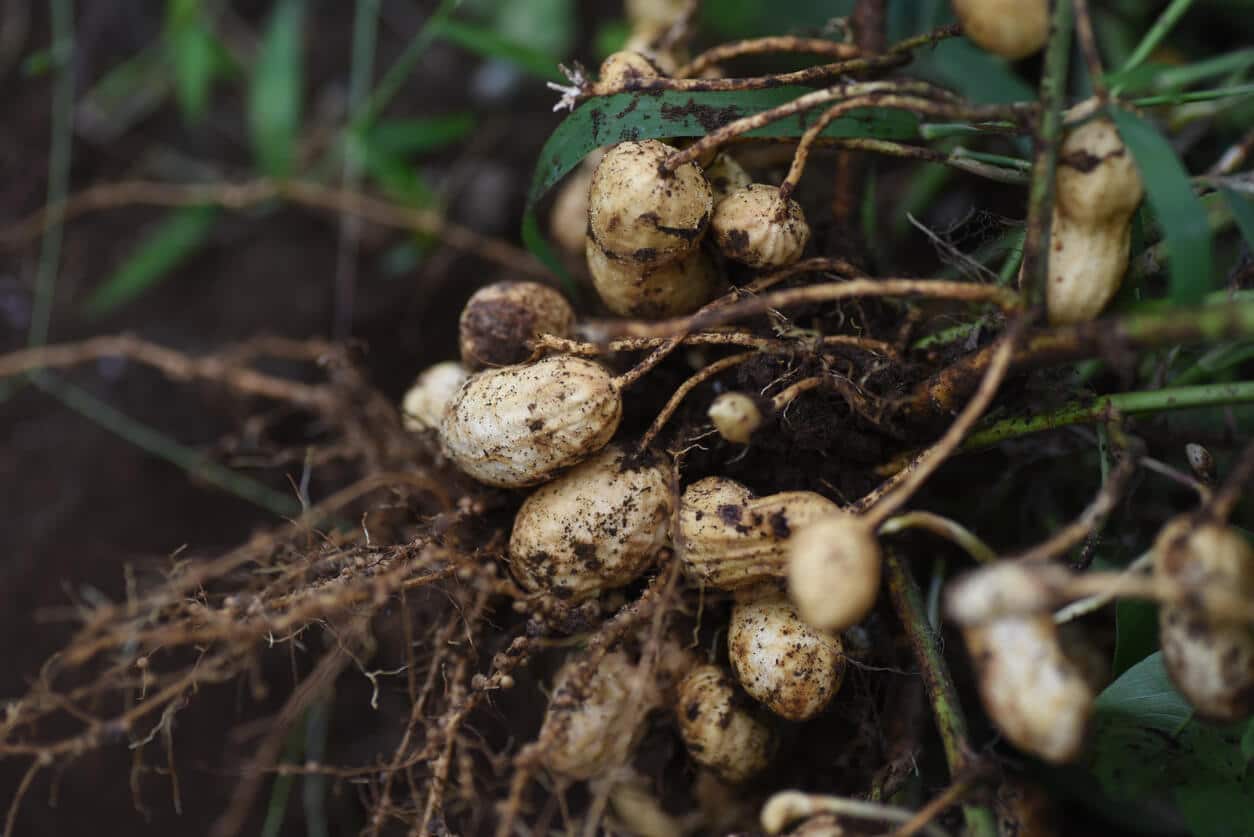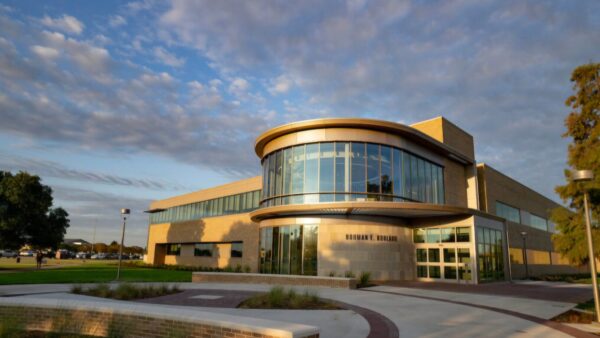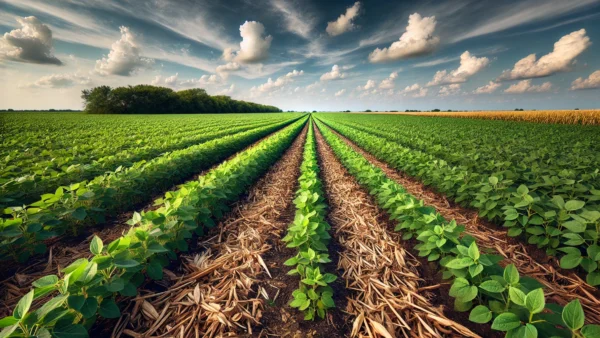Our “Giants of the Industry” share what they’ve been working, as well as their advice and expertise from how to better communicate about science and technology to attracting the best talent.
The Need for Seed Treatments
“Regardless if it’s IPSA (Independent Professional Seed Association) or any other seed trade association, we need to advocate for our industry. There are a number of issues causing colony collapse, be it the Varroa mite or the linear genetic path of queen bees. There are a number of things [it could be], but we need to advocate that we need neonicotinoids. We need to let others know what seed treatments do for our industry. [Neonicotinoids] provide a lot of value for American farmers.
“We empathize with beekeepers and want to work with them to solve the problem, because bees are essential in the food chain. There isn’t a seed company out there that isn’t reliant on bees and what they do for agriculture. But there are a number of other items that are causing [bee numbers to drop]. If you don’t [have access to seed treatments], you revert to foliar applications, which could further hurt the bee populations. We are good stewards of the land. We put polymers on our seed treatments, and we put that insecticide in a place that doesn’t actually hurt the bees.” — Terry Schultz, president of Mustang Seeds and the Independent Professional Seed Association
A Call for Effective Communication
“Back in the 90s … we had the belief that the science would speak for itself. Then we realized that there was a lot of work to be done to communicate to growers and get the technology adopted. That part has gone really well … but we are still addressing questions around consumer acceptance. We should have put more effort back then in talking to the public. We have a responsibility to address the public’s questions, and we’re doing that. Unfortunately, it’s a little late.
“There are extreme voices on both sides of this debate. There are critics who will never like new ag technologies or GMOs, and there are advocates. But there’s a group in the middle … who are just interested in learning more about food. That’s the group we need to speak to. When I see us doing that, we can change views, we can change attitudes and people understand.
“When we are having those conversations — as a scientist it’s hard for me to say — but science is second. This is about trust and … finding a common ground. Some people care about food nutrition and affordability for their families, and that’s a great conversation. Some think about a growing world and feeding people who are not as fortunate, … and that’s a great basis for a conversation. Others really focus on the environment and how we can use technologies to minimize the impact of agriculture.
“It is so important to find that common ground and build on that. Then talk about the science.” — Robb Fraley, Monsanto executive vice president and chief technology officer
When Disaster Strikes
“The most important thing that the international seed industry can do for increasing the preparedness in countries where disasters might strike is to partner with FAO to work in the harmonization of rules for seed production and trade and in the mutual recognition of varieties from one country to another. In moments when disaster strikes, it would be excellent to have [a list of] varieties that perform similar to the ones we need to find.
“As a rule, we never use a moment of emergency to try new varieties. The objective is to reinstall the agriculture that these farmers had a few moments ago, and finding that same variety in many cases is not possible.
“We need to [be able to] find the most similar varieties. Having them pre-evaluated, harmonized and described for countries in one region would help a lot.” — Wilson Hugo, FAO agriculture officer in the Plant Production and Protection Division
Advancing Africa
“Any company that has a global ambition … has to be present in Africa. This is where most of the population is going to come from. We have decided to significantly increase our footprint in Africa, not just as part of seeds but as part of the Bayer Group.
“For us, [that means] bringing innovation to the grower and raising income on the farm. If you look at society, a lot of the developments have started by raising farm income. This is how you start and generate extra wealth for a country. Then you can develop education and infrastructure. That’s what we’ve taken a commitment to do in Africa.” — Kamel Beliazi, regional head of Bayer EMEA (Europe, Middle East and Africa) for Seeds
Getting Started
“We are lucky to be well-funded by two long-term investors. The key is to be focused, which is why we’ve targeted corn, soybeans and wheat. We are working on other crops with partners, but our partners are funding that work. Investors are looking to see good field trials and growth. The ultimate goal is to get a product launched in 2017. We are in a very different position than most commercial companies. Today, investors are extremely happy with the progress we’ve been making.” — Marcus Meadows-Smith, BioConsortia CEO
Recruiting the Best and Brightest
“To attract the best and brightest, we have to tell our story. I wouldn’t trade being a plant breeder for anything — the doors it’s opened, the places I’ve been and the things I’ve been able to do have just been phenomenal. We have to tell our story.
“It’s helpful when we have great leaders. I’m one of the ones who came in when Norm Borlaug had just won the Nobel Prize. I left high school in 69, and we expected massive famines. The Green Revolution occurred, and it never happened. We have to have those kinds of people — the visionaries. I think that’s going to happen more frequently in agriculture in the future because food is becoming a pressing issue.
“The second thing we have to do is to create career paths where people want to do what you do. When I ask ‘how many want to be an academic plant breeder,’ out of 20 or 30 students maybe only three hands go up. I’ve worked for 30 years in academia almost, three years in industry and seven-to-eight years at USDA. It hurts … that we have created a field that I love and a role that I love and yet we have not made the sale. We’ve got to make better careers so these students are excited about what they can do. We will surely need them.” — Stephen Baenziger, University of Nebraska, Lincoln, professor and small grains breeder













